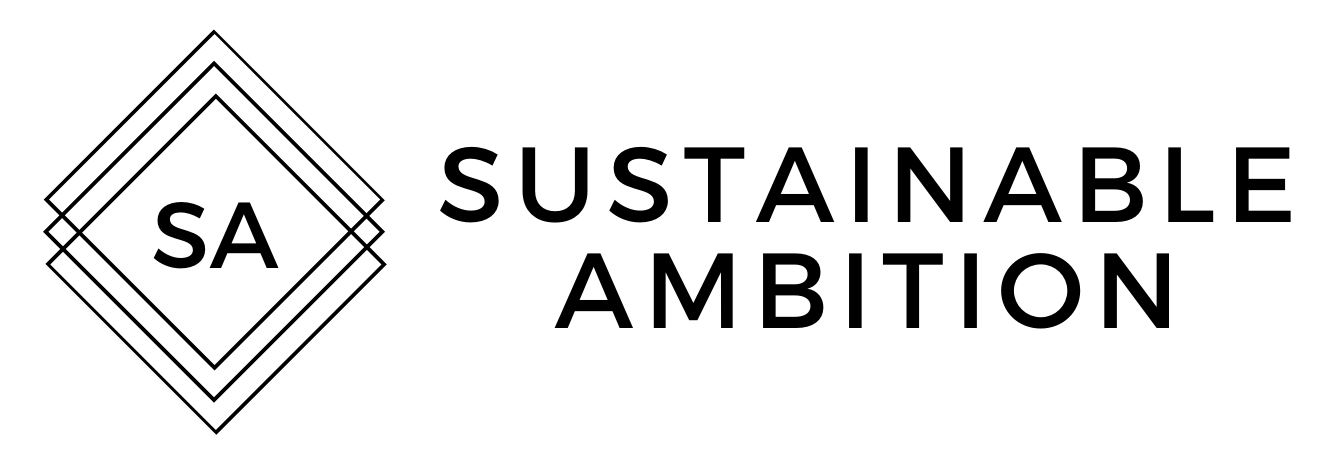Conscious Ambition Tips: Slow down and Simplify
When it comes to sustainability, there is a practice I’m quite good at and another I’m honestly not so good at.
When times are full, I’m good at pacing myself and my work to make the time manageable and keep myself from falling off the overwhelm and exhaustion cliff.
But simplification. Hmm. I’ll be vulnerable and admit this is a continual growth area for me. I need to practice culling my list or following the Pareto principle to do the 80/20.
These two concepts—pacing and simplification—are my theme for today, inspired by a book I’m featuring as part of my podcast summer book series, which will also inspire the next few newsletters.
The books I’ll feature and what I share in the episodes may make you wonder—What do I want? What is enough? What is worth it? Where might I be settling? Where and when can I allow myself to choose ease and joy?
This week’s book is from my guest on E110, Sabrina Moyle, who wrote A Snail’s Guide to Finding Your Own Trail and Shell-ebrating Success, and illustrated beautifully by her sister, Eunice Moyle. They typically write children’s books, but this book is for us adults and near-adults.
I love the book for its clarity of message and how it aligns so well with messages I champion around Sustainable Ambition. Sabrina is able to get to essence. Children’s books and their authors are great at that. They cut through and simplify. For that reason, I periodically pick up the book for fun and quick inspiration and reminders.
Amongst many brilliant messages in the book, I’m pulling out these two key themes—slow down and simplify—inspired by the protagonist, the snail, to inspire us all as we step into the summer months. The Conscious Ambition Tips that I share below this month speak to these themes.
Wishing in the upcoming summer we can experience periods of slowing down and simplification.
Conscious Ambition Tips
Simplification accountability buddies.
We often think adding more is better. I hate to admit that I often do. I even do this in cooking. It will be better if I put more chocolate in a baked item or more lemon zest in a entrée, right? No! The outcome can be disastrous.
In his most recent book, Slow Productivity, Cal Newport champions doing fewer things. Sounds obvious, right? But it’s not easy. In Leidy Klotz’s work and book, Subtract, he argues that humans have an addition bias, a natural tendency to add things rather than subtract. It's normal for us to think more is better, even when subtraction might be the better solution.
How do I combat this bias toward adding? These days I lean on simplification accountability buddies. I have people around me who help me ask questions like: What’s the Sustainable Ambition way here, Kathy? Or, what if you only had to do x, y, or z? How can you do this more simply? What can you cut from your list? Or even push back to tell me, “I think that's good enough.” If you struggle with adding, too, consider finding a partner who can help you view things through a filter of simplification and ease.
Slow It Down.
I love the concept of pacing to help me slow things down. I come back to this again and again to help me avoid thinking I have to do everything all at once and instead allow myself to cadence out my work over time. One way to think about this is to challenge yourself to think about now, near, and next. Now: What must happen now? Near: What can happen near in? Next: And what can still be further out and next?
Dial in the right level of busyness.
Too much free time and we can feel bored. Too busy and we can feel stressed and overwhelmed. This is another area where we can benefit from dialing it in to be just right for us. In this article by Arthur Brooks, he shares how we can benefit from having more discretionary time, but many of us fill in that time with busy work to avoid feelings of discomfort.
It leads me to think that we can benefit from having a proactive idleness strategy. When we have free time, how can we best utilize it to allow ourselves a break that benefits us rather than fill it with busy work that won’t? That could range from taking a walk in nature without listening to anything to doing a craft with your hands that requires your mind to focus on what you’re doing to practicing being present with your family.
This is one of the reasons I point people to create a break plan. It seems simple and obvious. Yes, and with a plan we're more likely to allow ourselves that discretionary time rather than fill it up with busy time.
Want to get insights, tips, and tools on how to live with Sustainable Ambition? Join in here. WELCOME!
Sustainable Ambition offers a strategic approach for pursuing our professional and personal goals in a way that is motivating, meaningful, and manageable from stage to stage, rather than be all consuming in a way that compromises other important aspects of our lives or sacrifices our well-being.
We offer 1:1 Executive Coaching, Leadership Coaching, or Career Strategy Coaching, as well as VIP Leadership Brand Sessions and Workshops on a range of Sustainable Ambition topics. We also provide tips and inspiration, advice on career management over the decades, guides on key Sustainable Ambition topics of interest, and coverage of tools and inspiration.
